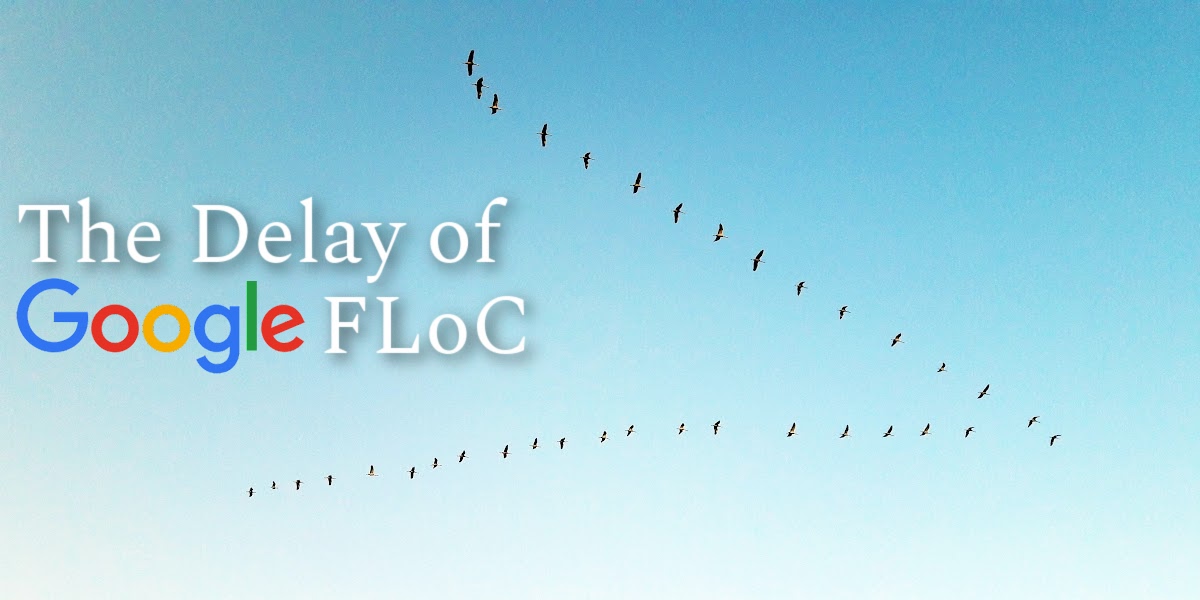
The Delay of FLoC
FLoC stands for Federated Learning of Cohorts. When Google announced in January 2020 that they would eliminate third-party cookies from their Chrome browser, it caused concern and uncertainty among advertisers. Without third-party cookies, many were left wondering how they would be able to reach their digital advertising audiences or if they'd even be able to advertise online at all.
With third-party cookies, an individual's online activity is tracked to them. The recent rise in concerns over data privacy is a large reason why Google has decided to do away with third-party cookies, but online advertising can’t survive on first-party cookies alone. FLoC is Google’s solution to try and address that concern and allow advertisers to continue advertising online while also giving online users improved privacy.
How does it work?In the simplest terms, FLoC still allows for online activity to be tracked but rather than being tied to one individual, multiple users are placed into “cohorts” - a group large enough that you are able to maintain some sense of privacy and anonymity online. Advertisers then select the cohorts they’d like to serve ads to and can still execute their campaigns that way.
Going a little bit deeper, Chrome browsers will still observe and collect data based on individuals' online activity. A single person’s online history is kept private, however, and is instead grouped together with other individuals who share similar traits. Individuals with similar interests will be placed into cohorts together and from there, advertisers can target those cohorts as a group rather than someone individually.
Why has it been delayed?To say there was pushback against the concept of FLoC is an understatement. Among reasons for the criticism of Google’s solution were a lack of understanding of a complicated system and an uncertainty that FLoC was any better for privacy concerns. There is concern among many that FLoC could actually harm privacy and lead to a rise in digital fingerprinting.
For now, Google has delayed the removal of third-party cookies from Chrome to mid-2023 and is working on explaining in more detail how FLoC will work to regulators and the advertising industry. Other large browsers such as Mozilla and Safari have said they will not support FLoC but are exploring other alternatives that will preserve privacy. It is an online privacy arms race and while Google has delayed their deployment, they are moving ahead with continued testing and trials to try and win over its critics.
If you’re interested in learning more about connected TV, reach out to us today at sales@mydigitaladv.com

